Biological Sciences
-

These days, fecal transplantation is no joke
Fecal transplants are increasingly being used to treat certain human illnesses and more scientists have begun to research the transplants' effects in animals. Read MoreJul 12, 2016
-
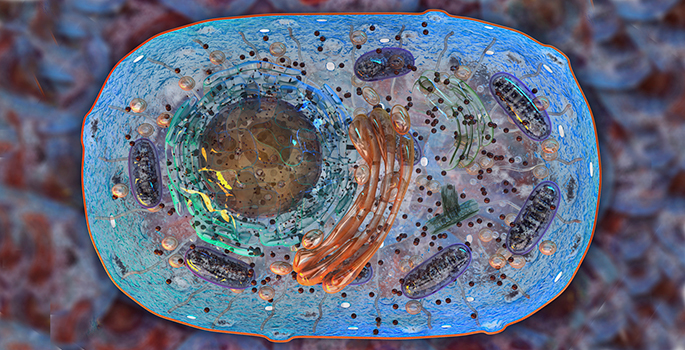
When mitochondrial genes act up
A team of Vanderbilt scientists have identified some of the methods that mutant mitochondrial DNA use to circumvent the molecular mechanisms that cells use to regulate mitochondrial activity. Read MoreJul 12, 2016
-

Renowned molecular biologist Sidney Fleischer dies at 86
Sidney Fleischer, a renowned molecular biologist famous internationally for his work on calcium and the discovery of the ryanodine receptor, was remembered as a “true giant” in his field who worked along with his wife to advance the field of cell signaling. He died May 27 at the age of 86. Read MoreJun 21, 2016
-

Jackson named 2016 Pew biomedical scholar
The Pew Charitable Trusts has named Assistant Professor of Biological Sciences and Biochemistry Lauren Parker Jackson as a member of its 2016 class of Pew biomedical scholars. Read MoreJun 10, 2016
-
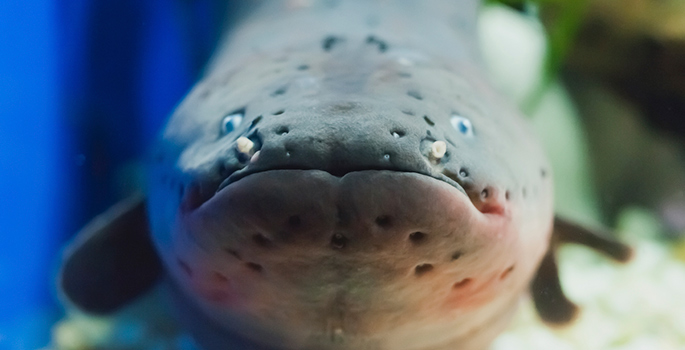
Electric eels make leaping attacks
Vanderbilt biologist Kenneth Catania has accidentally discovered that electric eels can make leaping attacks that dramatically increase the strength of the electric shocks they deliver. In doing so, Catania has confirmed a 200-year-old observation by famous 19th-century explorer and naturalist Alexander von Humboldt. Read MoreJun 6, 2016
-
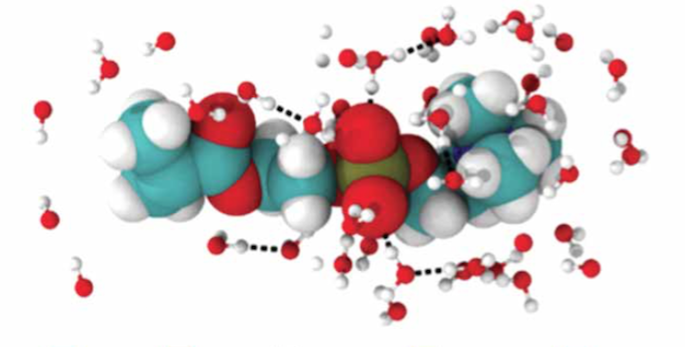
‘Young Scientist’ showcases high schoolers’ research at Vanderbilt
High school students performing advanced research at Vanderbilt have the opportunity to share their findings with the scientific community through a journal of their own. Read MoreJun 2, 2016
-
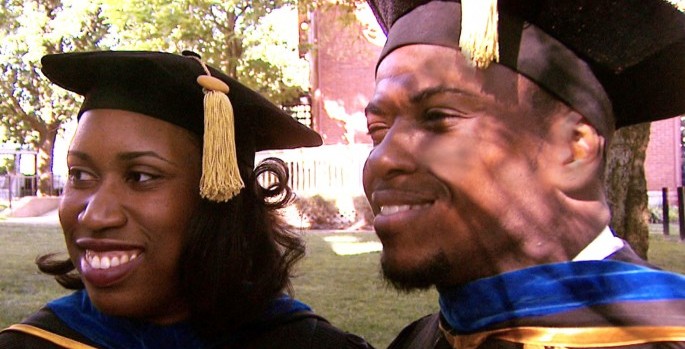
The Chronicle of Higher Education: Building a Better ‘Bridge’ to the Ph.D.
The Fisk-Vanderbilt Master's-to-Ph.D. Bridge Program, which supports minority STEM graduate students, is the subject of a feature story in the Chronicle of Higher Education. Read MoreMay 19, 2016
-
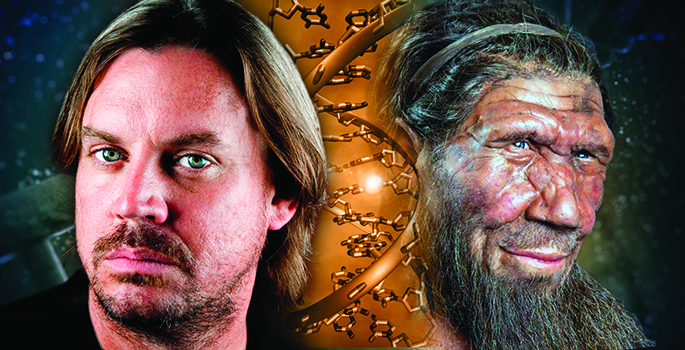
Neanderthal DNA has subtle but significant impact on human traits
The first study that directly compares Neanderthal DNA in the genomes of a significant population of adults of European ancestry with their clinical records confirms that this archaic genetic legacy has a subtle but significant impact on modern human biology. Read MoreFeb 11, 2016
-

Kudos: Read about faculty and staff awards, appointments and achievements
Read about the latest faculty and staff awards, appointments and achievements. Read MoreJan 26, 2016
-

The most popular research stories of 2015
With discoveries ranging from the origins of consciousness to the end of the universe, 2015 was a year of incredibly diverse research at Vanderbilt University. Read MoreDec 28, 2015
-

New online tool created to tackle complications of pregnancy and childbirth
An interdisciplinary team of biologists and medical researchers have created a new platform, which they call GEneSTATION specifically designed to leverage the growing knowledge of human genomics and evolution to advance scientific understanding of human pregnancy and translate it into new treatments for the problems that occur when this complex process goes awry. Read MoreNov 11, 2015
-
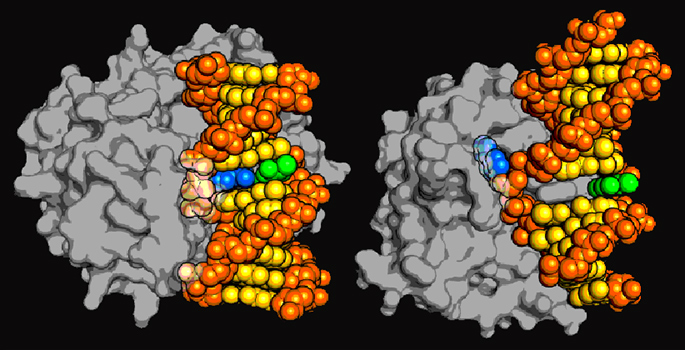
New class of DNA repair enzyme discovered
A new class of DNA repair enzyme has been discovered which demonstrates that a much broader range of damage can be removed from the double helix in ways that biologists did not think were possible. Read MoreOct 29, 2015
-
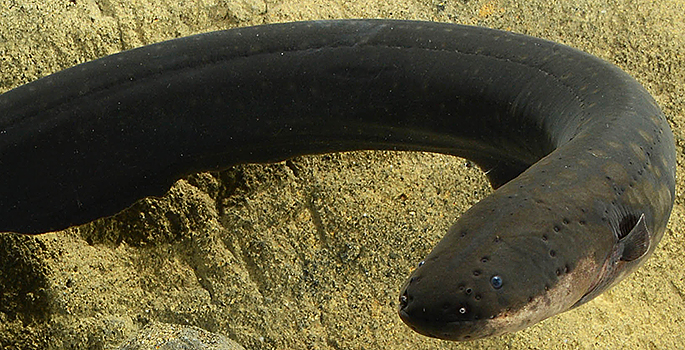
Electric eel: most remarkable predator in animal kingdom
Recent research by Vanderbilt University biologist Ken Catania of the electric eel has revealed that it is not primitive creature that it has been portrayed as. Instead, it has a sophisticated control of the electrical fields it generates that makes it one of the most remarkable predators in the animal kingdom. Read MoreOct 28, 2015
-
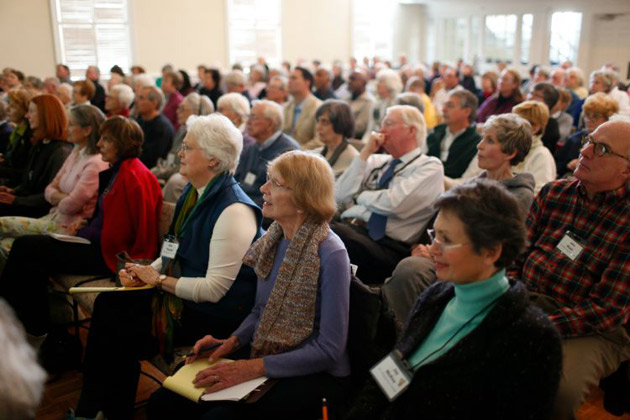
Enroll now in Vanderbilt Osher Lifelong Learning fall classes
The Osher Lifelong Learning classes at Vanderbilt this fall draw from professors' research in areas that include earth science, Hebrew Bible, music history, urban planning and more. Read MoreSep 1, 2015
-
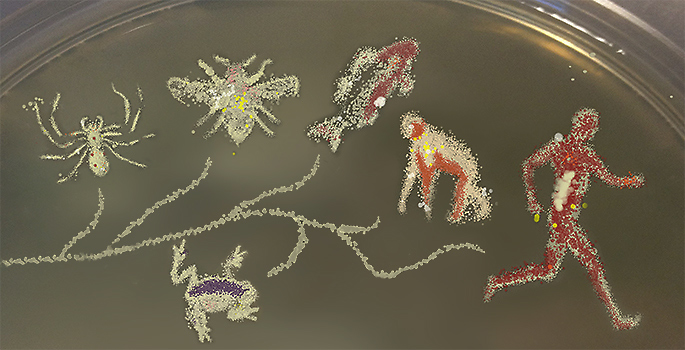
The pronoun ‘I’ is becoming obsolete
Recent microbiological research has shown that plants and animals, including humans, are not autonomous individuals but are holobionts: biomolecular networks that consist of visible hosts plus millions of invisible microbes. Read MoreAug 19, 2015
-
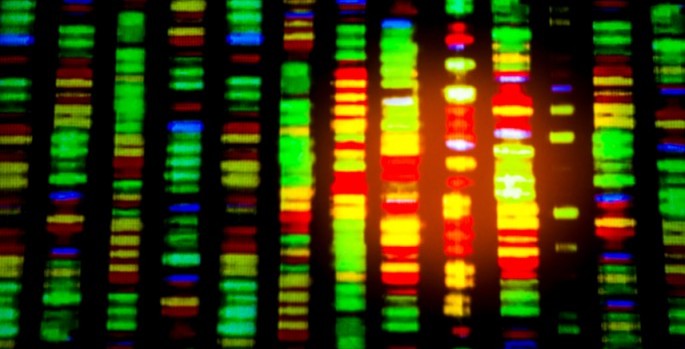
Study reveals how protein helps cells tolerate DNA damage
Vanderbilt and Stanford investigators have discovered how a protein that's part of the DNA replication "machinery" helps cells tolerate DNA damage. Read MoreJul 16, 2015
-
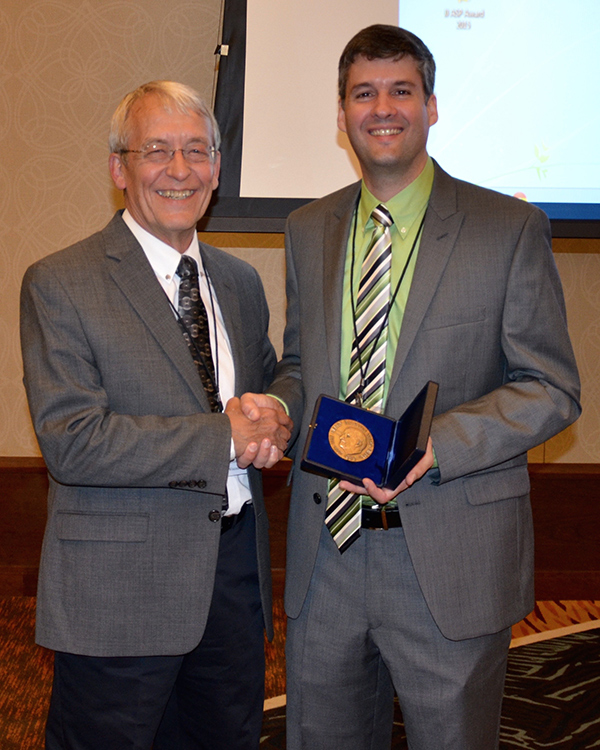
Hillyer receives parasitology medal
Vanderbilt biologist Julián Hillyer is this year's recipient of the H.B. Ward Medal given by the American Society of Parasitologists. Read MoreJun 29, 2015
-
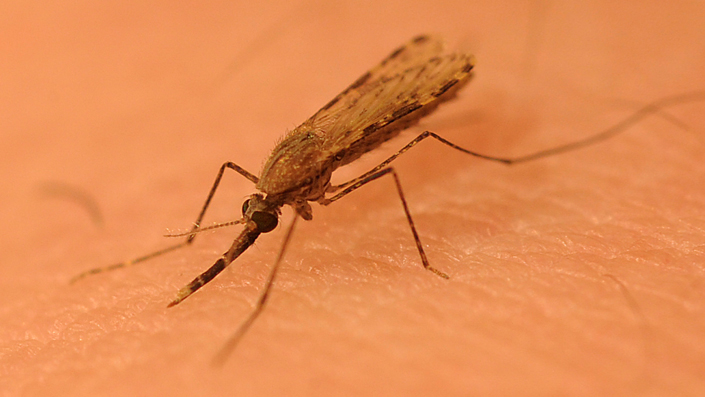
Vanderbilt receives Gates Foundation grant to develop wristband mosquito repellent device
Vanderbilt biologist Laurence Zwiebel has received a Gates Foundation Grand Challenges Exploration grant to create a wrist-band device that devises a personal "no-fly zone" offering protection from mosquitoes. Read MoreJun 8, 2015
-
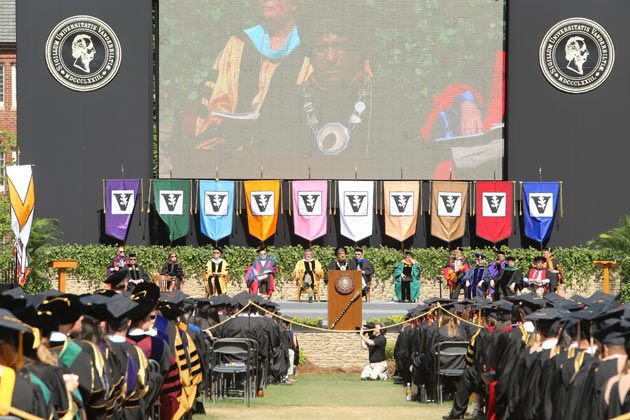
Vanderbilt University honors 28 as emeriti faculty
Twenty-eight retiring faculty members were recognized during Vanderbilt’s Commencement ceremony May 8, when the university honored their years of service and bestowed on them the title of emeritus or emerita faculty. Read MoreMay 8, 2015
-

Locating the brain’s SAD center
Vanderbilt biologists have localized the seasonal light cycle effects that drive seasonal affective disorder to a small region of the brain called the dorsal raphe nucleus. Read MoreMay 7, 2015